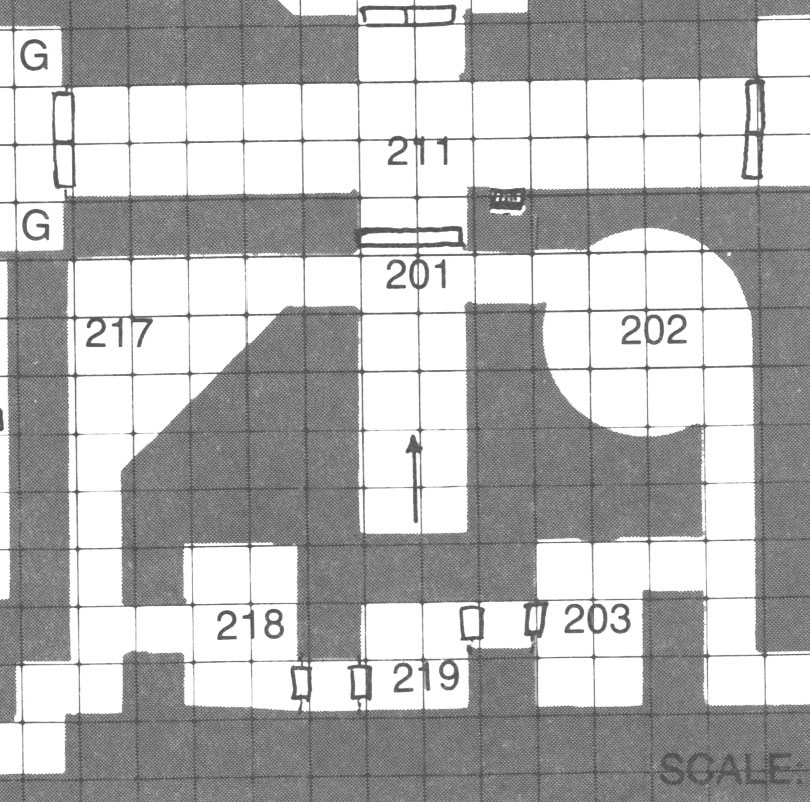TheSword
Legend
The Alexandrian blog and JA himself come in for a lot of flack partly because of the style but I do feel he says some pretty smart things even if you have to sift through fair bit to get to it. For instance one of the distilled pieces of wisdom he shared in his post about Avernus was…
I find it very hard to argue with this really useful piece of advice as a DM. It makes me reflect on my own encounter design in a constructive way and that can’t be bad!
For all those folks out there who know the blog better than me. What other gems re hidden there in 19 years of blog posts. To save us having to read through hundreds of posts?
I’ve made it a + thread to keep the all the personal stuff out of it. Really interested to know what other people had learned.
[Edit] Further Nuggets of Sense
- Design situations not plots because then you don’t actually care what the PCs actually do; you just want to expose them to the situation so that they can begin interacting with it.
I find it very hard to argue with this really useful piece of advice as a DM. It makes me reflect on my own encounter design in a constructive way and that can’t be bad!
For all those folks out there who know the blog better than me. What other gems re hidden there in 19 years of blog posts. To save us having to read through hundreds of posts?
I’ve made it a + thread to keep the all the personal stuff out of it. Really interested to know what other people had learned.
[Edit] Further Nuggets of Sense
- For any conclusion you want the PCs to make, include at least three clues. Three Clue Rule
- Structure adventures so multiple clues refer to multiple encounters each referring to each other with further clues to avoid wasted effort but leave control in the players hands Node-Based Scenario Design – Part 1: The Plotted Approach
- Make keyed locations dynamic by organizing foes into an encounter roster to allow you better control over NPC actions on the fly and influence the pace of the adventure.

The Art of the Key – Part 4: Adversary Rosters
Go to Part 1One of the great things about a well-executed location-based scenario is that each keyed area is effectively “firewalled” from the other areas: The GM generally only needs to processthealexandrian.net
- Build interesting dungeons with multiple exits and entrances and routes through them. Otherwise known as ‘Jacquaysing the dungeon’ or Xandering the Dungeon
Last edited:
